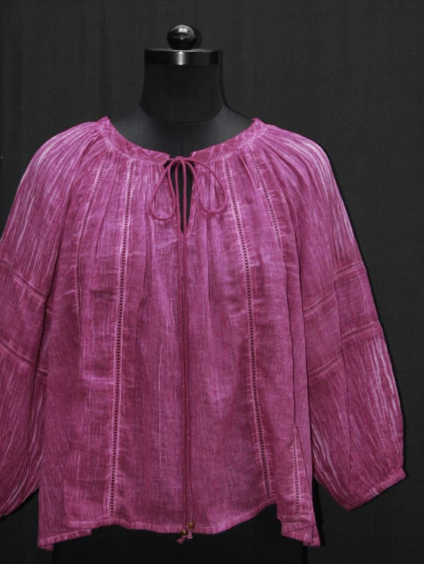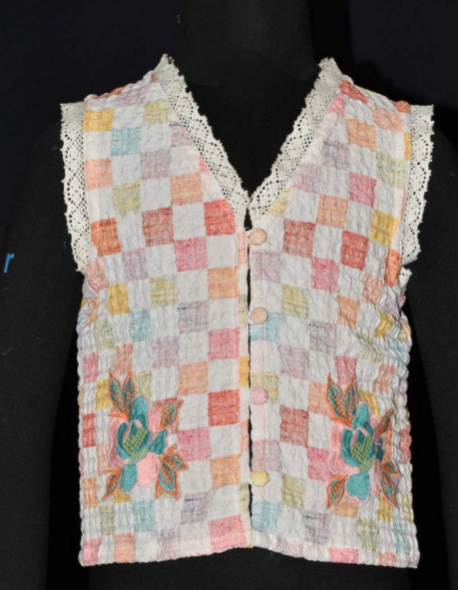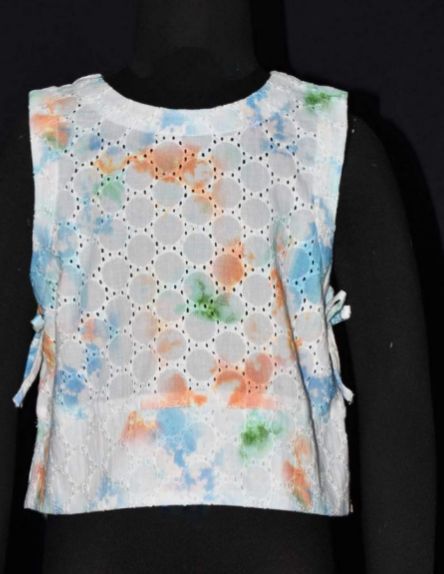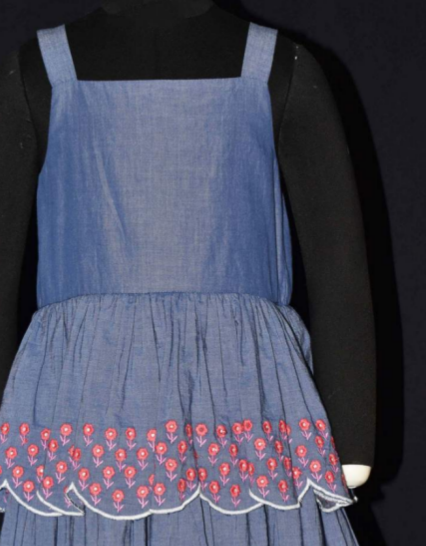In today’s global garment industry, certifications are critical for establishing credibility and meeting the expectations of international buyers. They ensure compliance with global standards, foster trust, and open doors to new markets. Here are the top certifications every garment exporter should consider:
1. ISO 9001: Quality Management System
ISO 9001 certifies that a company’s processes adhere to international quality standards, ensuring consistent product quality.
2. OEKO-TEX Standard 100
This certification guarantees that textiles are free from harmful chemicals, making them safe for consumers.
3. Global Organic Textile Standard (GOTS)
GOTS focuses on organic textiles, covering the entire supply chain from raw material sourcing to final product.
4. Fair Trade Certification
This certification emphasizes ethical labor practices, ensuring workers are treated fairly and paid adequately.
5. WRAP (Worldwide Responsible Accredited Production)
WRAP certifies compliance with labor laws, workplace safety, and environmental practices, tailored specifically for the garment industry.
6. SA8000: Social Accountability
SA8000 ensures fair treatment of workers and compliance with ethical labor standards.
7. Bluesign Certification
Bluesign prioritizes resource-efficient and environmentally friendly production practices.
8. Higg Index
The Higg Index measures sustainability and social impact across the supply chain, making it a valuable certification for exporters.
Certifications like these are essential for garment exporters to stay competitive and meet the growing demand for quality, sustainability, and ethical production. They enhance trust, improve market access, and ensure adherence to international standards.
For exporters like Cheer Sagar, investing in such certifications is a testament to their commitment to excellence and global competitiveness.





